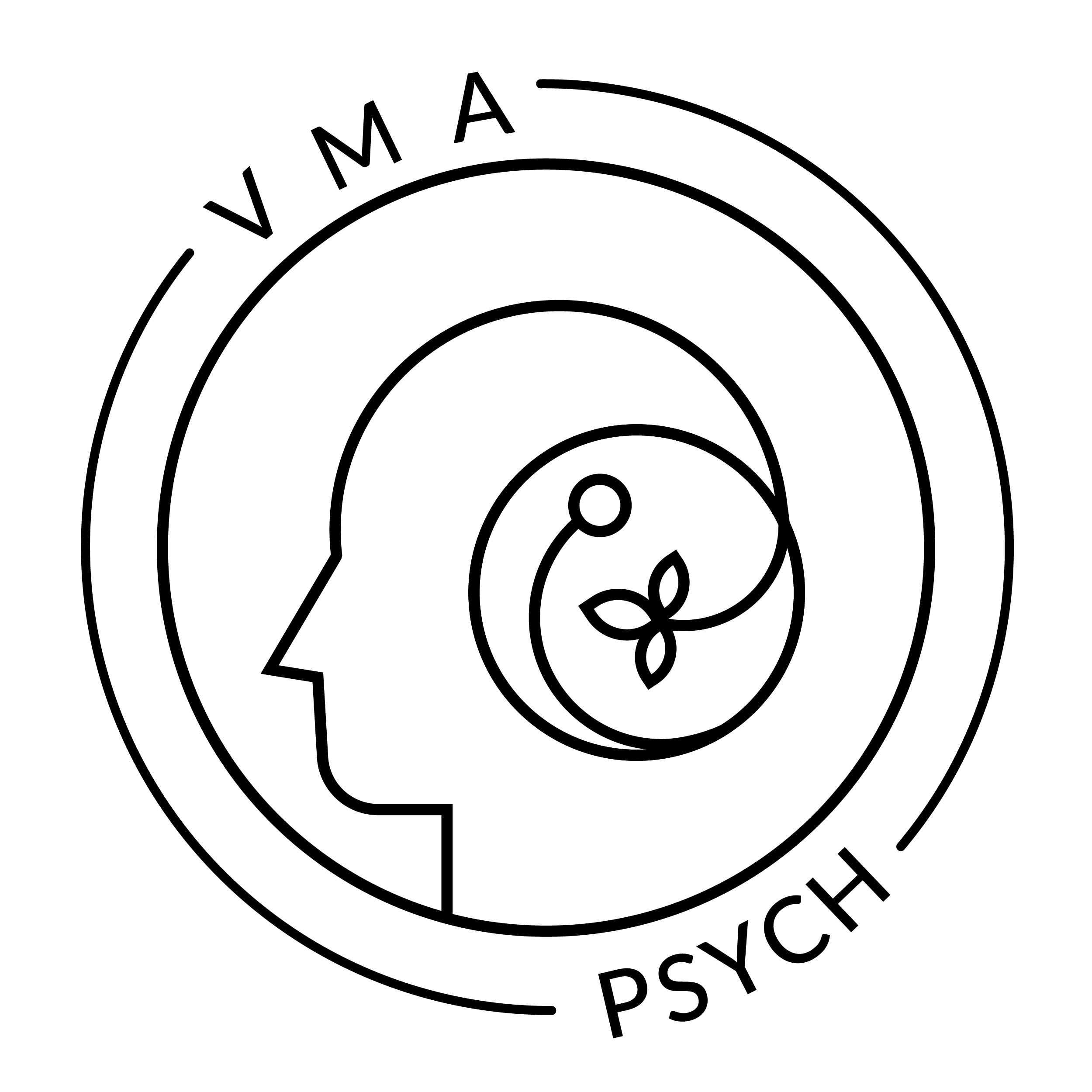Getting an autism diagnosis in Ontario involves several steps, from observing signs and symptoms to seeking evaluations and accessing resources. Early diagnosis is crucial for accessing support and services, helping individuals and families manage the condition effectively.
Understanding Autism Spectrum Disorder (ASD)
Autism Spectrum Disorder (ASD) is a developmental disorder that affects communication, behaviour, and social interaction. It is called a "spectrum" disorder because the symptoms and severity can vary widely among individuals. Common signs of ASD include difficulties with communication, challenges in social interactions, repetitive behaviours, intense focus on specific interests, and sensitivity to sensory stimuli. Understanding these signs is the first step toward seeking a diagnosis.
Step-by-Step Guide to Getting an Autism Diagnosis in Ontario
1. Observing Signs and Symptoms
Initial Observations: The first step in getting an ASD diagnosis is noticing behaviours and signs that may indicate autism. These can include delayed speech, lack of eye contact, repetitive movements, or an unusual sensitivity to sensory inputs.
Documentation: Keeping a detailed record of these behaviours, symptoms, and any concerns is crucial. This documentation can help healthcare providers make a more accurate diagnosis.
For a detailed guide on how autism and if it can develop later in life, you can refer to our blog, "Can A Person Develop Autism Later In Life?" which provides additional insights into the lifelong nature of autism.
2. Speaking with a Primary Care Provider
Consultation: Make an appointment with a family doctor or pediatrician to discuss your concerns. They can provide initial insights and guide you on the next steps.
Referral: If your primary care provider suspects you or your child may have ASD, they may refer you to a specialist, such as a developmental pediatrician or psychologist for a more comprehensive evaluation.
3. Seeking a Specialist Evaluation
Choosing a Specialist: Finding the right specialist for an autism assessment is important. Look for professionals with experience in diagnosing ASD, such as developmental pediatricians, psychologists, or neurologists.
Assessment Process: The evaluation process typically includes interviews with parents or caregivers, questionnaires, and observational play-based tests of the individual. The specialist will look for specific behaviours and developmental patterns that align with the diagnostic criteria for ASD.
For a detailed guide on autism assessment services, you can refer to our Autism Assessment Service for more information and support.
4. Understanding the Diagnosis
Diagnostic Criteria: The diagnosis of Austism Spectrum Disorder (ASD) is based on criteria outlined in the Diagnostic and Statistical Manual of Mental Disorders (DSM-5). These criteria include persistent deficits in social communication and interaction, along with restricted, repetitive patterns of behaviour.
Receiving the Diagnosis: Understanding the results of the evaluation is crucial. The specialist will explain the diagnosis and what it means for the individual and their family. This is also the time to discuss potential interventions and supports.
Options for Diagnosis
5. Publicly Funded Assessments
Accessing Services: In Ontario, publicly funded assessments are available through agencies and the healthcare system. Contact your local health authority or autism service provider for information on how to access these services.
Wait Times: Publicly funded assessments may have long wait times. It's important to manage expectations and explore interim support options while waiting for the assessment.
For more information, check out the Autism Assessment and Diagnosis page on the Government of Ontario website
6. Private Assessments
Private Clinics: Private assessments are another option for those who want a faster diagnosis with quality support at every step of the journey. These assessments are conducted by private clinics providing professional and comprehensive psychological evaluations.
Costs and Insurance: Private assessments can be expensive, but many private insurance plans cover part, if not all of the cost of assessment. Check with your insurance provider to understand your coverage options.
Post-Diagnosis Steps
7. Creating a Support Plan
Individualized Support: After receiving a diagnosis, developing a tailored support plan is essential. This plan should address the unique needs of the individual and include specific goals and interventions.
Therapies and Interventions: Common therapies for individuals with autism include behavioural therapy, speech therapy, occupational therapy, and social skills training. These interventions can help develop essential skills and improve quality of life.
8. Accessing Resources and Support
Government Programs: Various government programs in Ontario provide support for individuals with an autism spectrum disorder diagnosis. These programs can offer financial assistance, respite care, and access to specialized services.
Community Resources: Local organizations and support groups can also provide valuable resources. They offer support for families, educational workshops, and social opportunities for individuals with autism.
Suspect autism in yourself or a loved one? Reach out to VMA Psych for a thorough assessment and tailored support. Early diagnosis and intervention can make all the difference. Contact us today to schedule a consultation and take the first step towards effective management and support.
Welcome to VMA Psych.
Your trusted provider of exceptional mental health services in the GTA & beyond. Learn More
With 40+ years as Toronto's leading psychologists, we guide individuals through life's complexities, offering specialized services for a brighter future.





















